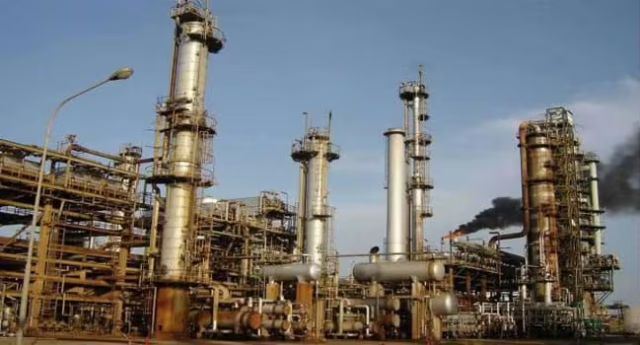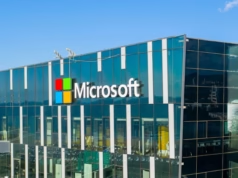NNPCL Refineries: Why Nigeria Is Reassessing Viability After Billions Spent.
The Nigerian National Petroleum Company Limited (NNPC Ltd.) has announced a critical shift in its long-troubled refinery strategy, initiating a detailed technical and commercial review of its three major facilities: the Port Harcourt Refinery, the Warri Refinery, and the Kaduna Refinery.
This is not just another maintenance check; it’s a comprehensive re-assessment aimed at determining the true operational and financial viability of assets that, despite their combined nameplate capacity of 445,000 barrels per day, have failed to produce refined fuel at a commercial scale for over a decade.
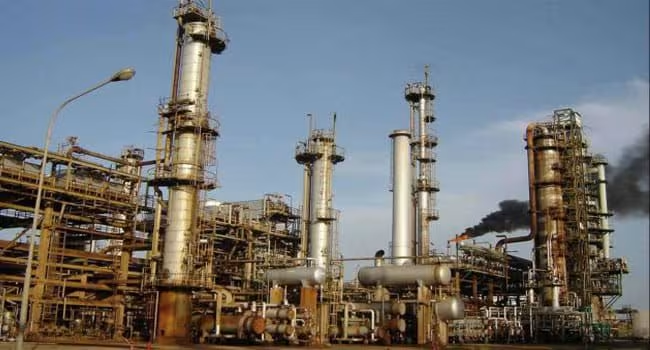
The Weight of Failure: Why This New Review is Necessary
The decision to conduct a new, high-level review under the new Group Chief Executive Officer, Mr. Bayo Ojulari, is driven by two main factors: past systemic failure and a new commercial mandate.
1. The Legacy of Unsuccessful Maintenance
Nigeria has spent decades attempting to revive its refineries through expensive Turnaround Maintenance (TAM) programs, often with disastrous results. As Mr. Ojulari noted, past investments and technologies have often “not worked as we expected,” and the complexity of repairing old, abandoned facilities is higher than initially estimated.
The public and industry fatigue is palpable. Recently, the Independent Petroleum Marketers Association of Nigeria (IPMAN) called for the GCEO to resign over the prolonged closure of the Port Harcourt Refinery following a scheduled repair. This new review, therefore, serves as a necessary reset—a transparent attempt to move past the cycle of failed repairs and huge financial losses.
2. A Commercial Mandate
NNPC Ltd. is transitioning into a commercially driven, transparent energy company, aligning its operations with the Petroleum Industry Act (PIA). The previous strategy of merely fixing the refineries is being replaced by a focus on optimal performance and long-term sustainability. The review determines one of two outcomes:
High-Grade: Transforming an old plant into a modern, efficient, and globally competitive facility capable of delivering better output and higher commercial returns.
Repurpose: If high-grading is not commercially sound, the facility may be repurposed for other industrial uses, such as gas processing or storage, to ensure it remains a revenue-generating asset rather than a drain on the national treasury.
The Cost of Inaction: Billions Spent
One of the most compelling reasons for the new viability review is the staggering amount of money spent on the refineries with no corresponding output. While exact figures are often disputed and spread across multiple contracts over decades, public records and expert estimates reveal massive expenditure:
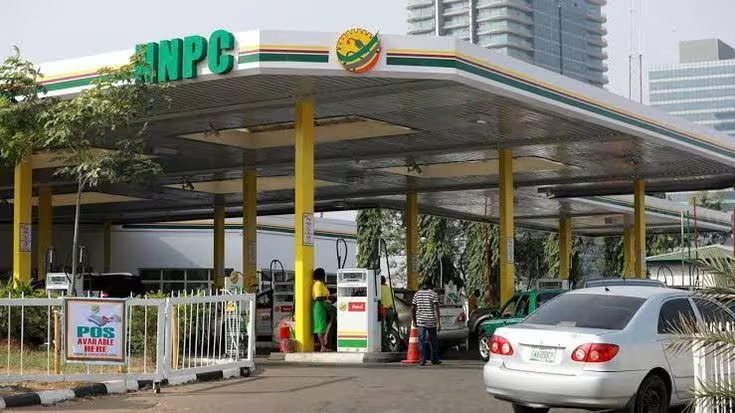
| Expenditure Category | Estimated Amount | Context |
|---|---|---|
| Historical Total (Decades) | Over $18 Billion | Estimated by industry leaders like Aliko Dangote as the total amount spent on the three refineries without achieving results. |
| Current Rehabilitation Budget | Approx. $3 Billion | Budgeted for the most recent phased rehabilitation program (Port Harcourt: $1.5 billion; Warri & Kaduna: approx. $1.48 billion combined). |
| Specific Example | Nearly $900 Million | The amount reportedly spent on the Warri Refinery revamp that has yet to yield consistent production. |
The fact that billions of dollars were spent on these facilities without them producing fuel at a commercial scale has triggered anti-corruption investigations. This financial mismanagement underscores the need for the new review’s strict technical and commercial benchmarks to guide all future investment decisions and partnership agreements.
Next Steps: Partnerships and the High-Grade Strategy
NNPC Ltd. is currently in the detailed assessment phase. The subsequent step involves engaging Technical Equity Partners—globally recognised operators with proven track records in running world-class refineries.
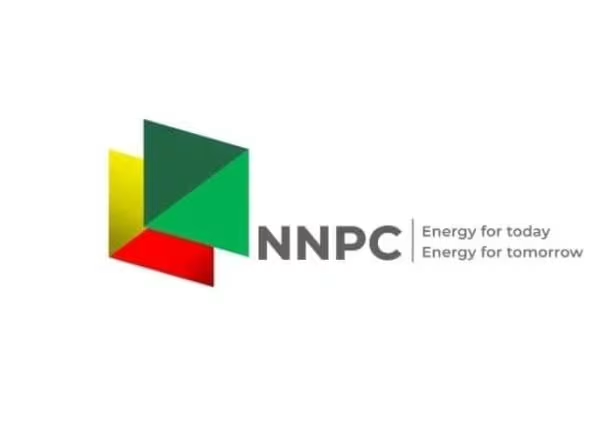
This partnership model is designed to transfer expertise and ensure that the newly rehabilitated or repurposed assets are managed efficiently, profitably, and to international operational standards, securing Nigeria’s energy future and optimizing valuable national assets.
Join Our Social Media Channels:
WhatsApp: NaijaEyes
Facebook: NaijaEyes
Twitter: NaijaEyes
Instagram: NaijaEyes
TikTok: NaijaEyes


